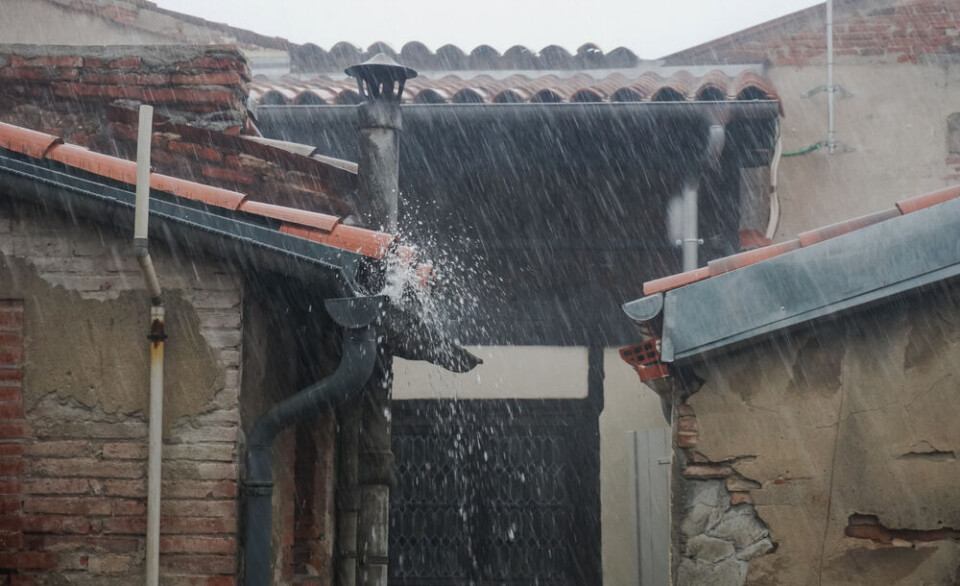-
Low-cost French airline launches Paris - Montréal route
Daily flights are scheduled between the two cities this summer
-
French woman named one of world’s best teachers
Céline Haller, inspired by English and US teaching methods, has gained recognition for revolutionising learning with hands-on projects and inclusivity
-
Older British bikers can regain driving licence 'A' category in France
Some Britons lost this when swapping their UK for a French licence
Sniffer dogs in France to detect Covid-19 in care homes
It is hoped that the dogs will be operational in retirement homes by March 2021

Under a joint initiative by Professor Dominic Grandjean and the association Handi’chiens, some of the 300 assistance dogs already in retirement homes will be trained to detect Covid-19 and could be in operation by March.
The dogs will be used to test staff, visitors and residents.
Professor Grandjean, who is a leading expert in France in the use of sniffer dogs to detect illness, has pushed for the widespread adoption of dogs in the fight against Covid-19.
His tests show they have a detection rate of over 90%, at least as good as the nose swab tests and better than saliva tests.
But he has run into resistance from the French health ministry which is insisting that for the Covid-19 tests to be legitimised they must go through a full scientific review process, something which will take years.
It is in order to bypass this that the initiative with Handi’chiens has come into play, a spokesman for the Ecole Nationale Vétérinaire d’Alfort, where Professor Grandjean works, told The Connexion.
For Handi’chiens, the decision to help came when it realised that some of its assistance dogs would be good candidates to be re-trained as sniffer dogs.
They have all had at least four months' intensive training to be assistance dogs, and will probably be able to be additionally trained as sniffer dogs within two months.
“Our dogs can be operational very quickly in care homes and other health units where they are already present,” said Robert Kohler, the president of the association, who is also the manager of a care home called La Roselière in the department of Haut-Rhin.
“We have an objective of completing their training to detect people who are sick with Covid-19 towards the end of February 2021, and this is something which will also help to show the usefulness of dogs in human health care.”
The detection system developed by Professor Grandjean can work with dogs sniffing people, but also by using cotton pads (which have been kept for a short while under the armpits) or T shirts which the dog then sniffs in a room away from the sample givers.
This allows detection by dogs in situations where people are afraid of or do not like dogs.
His work received a boost when the World Health Organisation signed a partnership with the Alfort veterinary school to develop it globally.
Read more:
French sniffer dogs detect Covid-19 with 94% accuracy
























